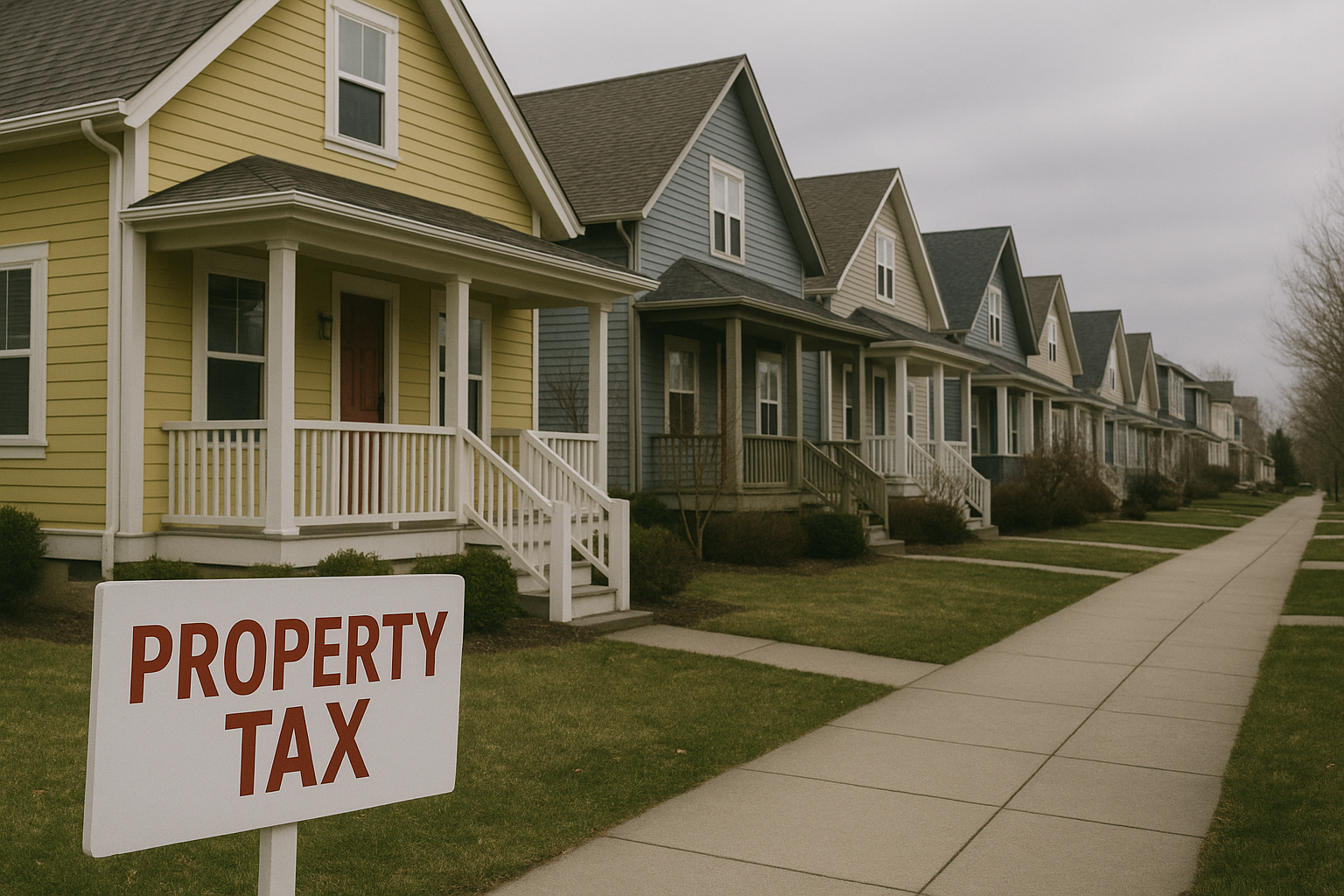Washington’s Property Tax Trends
Washington State enforces a 1% cap on annual property tax revenue growth for local governments, excluding voter-approved levies. Despite this cap, homeowners are experiencing increasing property tax bills due to escalating home values and new levies for infrastructure and schools. LBC Capital understands the challenges rising property taxes create for homeowners and offers expert guidance to help clients manage their mortgage costs.
Why Property Taxes Are Rising
Washington’s property taxes are influenced by assessed property values, local tax rates, and voter-approved measures for public services. As property values surge, so do tax obligations. Local governments often introduce new levies for education, transportation, and emergency services, further increasing the burden on homeowners.
The Role of Assessed Values
Property taxes are calculated based on assessed property values. In Washington, county assessors determine the market value of properties, which directly impacts tax bills. As home values rise, homeowners see higher tax assessments, even if the tax rate remains stable.
Legislative Proposals and Their Implications
Recent legislative efforts aimed to modify the existing 1% cap. Senate Bill 5798 proposed adjusting property tax revenue growth based on inflation and population changes, while House Bill 1334 suggested allowing municipalities to increase property taxes by up to an additional 3% based on population. Although these bills did not pass, they highlight ongoing discussions about property tax reforms in Washington.
Implications for Homeowners
If these proposals were enacted, homeowners could face even steeper tax increases, making housing less affordable. While supporters argue that these changes are necessary for funding essential services, critics warn of the negative impact on homeowners already struggling with rising costs.
Impact on Mortgage Costs
Escalating Monthly Payments
Rising property taxes directly affect monthly mortgage payments, especially for homeowners with escrow accounts. As property taxes increase, lenders adjust monthly payments to ensure sufficient funds are available to cover tax obligations, leading to higher monthly expenses for homeowners. This can strain household budgets, forcing some homeowners to reallocate funds from other essential expenses.
Property Taxes and Debt-to-Income Ratios
Higher property taxes also impact debt-to-income (DTI) ratios for mortgage applicants. Lenders consider DTI to assess a borrower’s ability to manage monthly payments. Rising taxes can push DTI beyond acceptable limits, affecting loan approvals. Borrowers with already high DTI ratios may find it even more difficult to secure a mortgage under these conditions.
Challenges for First-Time Buyers
Increased property taxes can raise the overall cost of homeownership, making it more challenging for first-time buyers to enter the market. Higher monthly payments may limit the purchasing power of prospective buyers, potentially reducing the pool of qualified applicants. This can also discourage potential buyers who are already concerned about affordability and financial stability.
Refinancing Considerations
Homeowners considering refinancing must account for higher property taxes in their calculations. Elevated taxes can impact DTI ratios, possibly affecting eligibility for favorable refinancing terms. It is essential for borrowers to carefully assess their financial situation and choose mortgage options that align with their budget. Failure to account for rising taxes could result in unexpected financial strain after refinancing.
LBC Capital’s Commitment to Clients
LBC Capital offers expert guidance to navigate the complexities of property taxes and their impact on mortgage costs. Our personalized services include:
- Customized Loan Solutions: We tailor mortgage options to accommodate the financial implications of rising property taxes, ensuring affordability and sustainability for our clients.
- Strategic Financial Planning: LBC Capital provides comprehensive financial assessments to help clients understand the full scope of homeownership costs, including taxes, enabling informed decision-making.
- Refinancing Expertise: For homeowners seeking to refinance, we analyze current tax obligations and market conditions to identify opportunities for cost savings and improved loan terms.
Educating Clients About Tax Changes
LBC Capital goes beyond traditional mortgage services by keeping clients informed about property tax changes. Our team monitors local tax policies and provides clients with updates, ensuring they are prepared for any adjustments that may impact their finances.
Proactive Tax Planning
We help clients develop strategies to minimize the impact of rising property taxes. This includes advising on budget adjustments, exploring mortgage options with lower monthly payments, and identifying opportunities for tax deductions.
Key Takeaways
Rising property taxes in Washington State present significant considerations for current and prospective homeowners. These increases influence monthly mortgage payments, affect affordability, and necessitate careful financial planning. LBC Capital is dedicated to assisting clients in understanding and managing these challenges, offering tailored mortgage solutions and expert advice to navigate the evolving property tax landscape.
For personalized assistance and to explore mortgage options that align with your financial goals, contact LBC Capital today.
